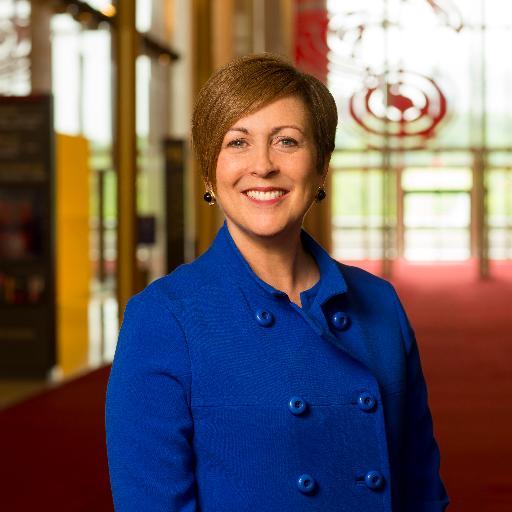College shock: Oberlin opts out of Conservatoire status
mainThe Oberlin College Music Conservatory has withdrawn from the National Association of Schools of Music, which it helped found in 1924.
The reasons are abstruse and couched in academic generalities, but Oberlin is due an inspection from NASM in a couple of years and its aims are now said to differ from those of the parent organisation.
‘In my view, the association is holding onto an old model in lieu of tackling the very pressing need for advocacy for arts education,’ wrote Oberlin Dean Andrea Kalyn. More here.

photo: Tanya Rosen-Jones





Comments